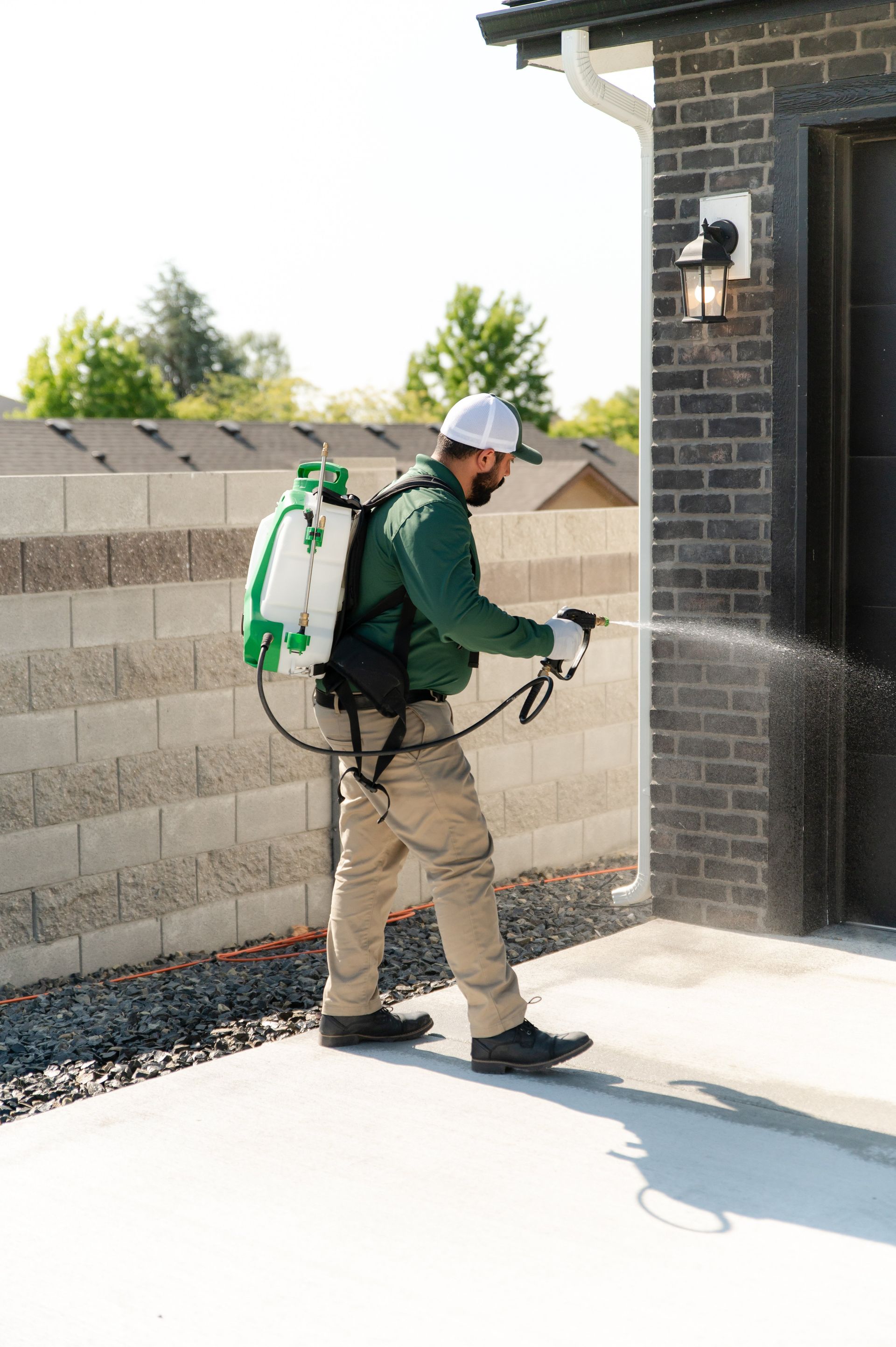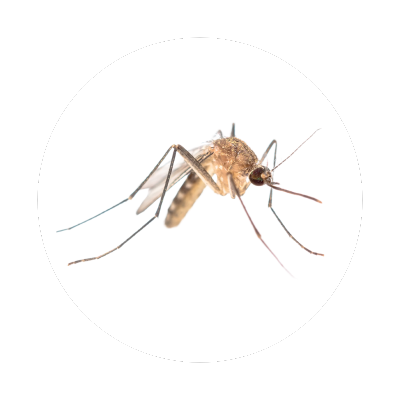The Life Cycle of Common Household Pests
Ever notice that pests seem to show up out of nowhere? One day your kitchen is fine and the next, you're dodging cockroaches or swatting at flies. Here’s the thing. Pests don’t just appear overnight. They go through well-defined life cycles, and knowing how they develop is key to stopping infestations before they get out of hand. In this article, we’ll explore how Prairie Ridge homeowners can use this knowledge to protect their homes with smarter prevention strategies and timely intervention from
Prairie Ridge professional pest control experts.
Get A Quote
Message Us!
We will get back to you as soon as possible.
Please try again later.
Why Understanding Pest Life Cycles Matters
Pest control isn’t just about what you can see, it's about what’s happening behind the scenes. Most insects go through multiple stages of development, and each stage presents different risks to your home. Understanding these cycles allows you to:
- Spot early signs of infestations
- Time treatments for maximum impact
- Target the most vulnerable life stages of pests
Whether you're dealing with cockroaches, ants, or bed bugs, knowing what to expect at each stage can help keep your home pest-free.
Complete vs. Incomplete Metamorphosis
Pests grow in one of two major ways: complete or incomplete metamorphosis.
- Complete Metamorphosis includes four stages: egg, larva, pupa, and adult. Examples: flies, mosquitoes, fleas, and beetles.
- Incomplete Metamorphosis has three stages: egg, nymph, and adult. The nymph usually resembles a small version of the adult. Examples: cockroaches, termites, and bed bugs.
There’s also
ametabolous development (no metamorphosis) seen in pests like silverfish. These pests hatch looking like adults and grow without major physical changes.

Cockroaches: The Survivors
Cockroaches are notorious for their resilience and rapid reproduction. Their life cycle includes:
- Eggs laid in oothecae (protective cases) which may contain 10–50 eggs each
- Nymphs that molt several times before becoming adults
- Adults that can live for months and lay hundreds of eggs during their lifetime
The nymph stage is particularly vulnerable, making it an ideal target for professional treatments.

Ants: Small But Organized
Ants are social insects with highly structured colonies. Their development follows four stages:
- Eggs laid by a queen
- Larvae that are fed by worker ants
- Pupae where they transform
- Adults that take on roles (workers, soldiers, queens)
Targeting
ant control bait treatments to the foraging workers can disrupt the colony by delivering toxins back to the queen and larvae.
Mosquitoes: From Water to Wing
If you live near standing water in Prairie Ridge, mosquitoes are likely to be a recurring problem. Here’s how they develop:
- Eggs are laid on or near water
- Larvae (wigglers) hatch and feed in water
- Pupae float at the surface until adults emerge
- Adults quickly seek a blood meal and reproduce
Controlling larvae through habitat management or larvicides is often more effective than chasing adults.

Bed Bugs: Masters of Hiding
Bed bugs are notoriously difficult to get rid of. Their three-stage life cycle includes:
- Eggs laid in mattress seams, headboards, or baseboards
- Nymphs that feed and molt five times before adulthood
- Adults that continue feeding and reproducing weekly
Because they’re active in every stage, bed bug control requires a mix of chemical and non-chemical treatments to ensure complete elimination.
Timing Matters: When to Intervene
Each pest stage has its own weaknesses:
- Eggs are often hidden but immobile
- Larvae/nymphs are usually more exposed and vulnerable
- Pupae don’t feed and may be hard to reach
- Adults reproduce and are often the visible problem
The key is early detection and treating the right stage at the right time. That’s where regular inspections and expert timing come into play.
How Bamboo Pest Control Breaks the Cycle
At Bamboo Pest Control, we understand the science behind every pest’s life cycle. Our trained pest control team uses this knowledge to apply treatments strategically—targeting vulnerable stages and using integrated pest management techniques to minimize harm and maximize results.
With season-specific services, proactive prevention plans, and local expertise, we help Prairie Ridge homeowners:
- Identify pest species and their current life stage
- Break the reproductive cycle before infestations spread
- Keep their homes safe, clean, and pest-free year-round
If you’ve been seeing signs of pests around your home, don’t wait for them to multiply.
Contact us today to schedule a professional inspection—and let us help you stop the cycle before it starts.




